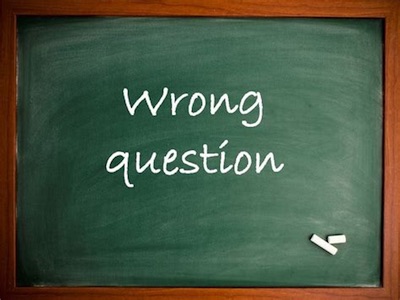The electoral college is in the news again. Some presidential candidates are calling for the Constitution to be amended to get rid of it. A growing number of states are taking steps to require the distribution of their electoral votes be determined by the national popular vote, which would amount to the same thing.
I just mention it because conversations about this topic frequently lead to someone proclaiming that we have a constitutional republic, and not a democracy, as if that’s a meaningful distinction.
A republic just means we elect representatives. And a constitution can just as easily deny the existence or importance of individual rights as recognize and try to protect them.
If you’re confused on this point, recall that the Soviet Union was a constitutional republic. So is the People’s Republic of China.
A constitutional republic implements a democracy if it places no limits on what representatives can do. Then representatives are just a convenience, a statistical sample to represent the whole population (or some part of it, e.g., adults, people with property, adherents of particular religions, members of particular ethnic groups, and so on).
In practice, if not in theory, this describes our current situation. At this point, any limits to what government can do are matters of degree, rather than kind. (It can limit some kinds of speech, but not others — at least for the time being. It can infringe the right to keep and bear arms in some ways, but not in others — at least for the time being. It has to obtain warrants to do some searches, but not others — at least for the time being. And so on.)
So it’s not really a big deal that we have a constitutional republic. What is a big deal is the theory behind America’s founding, articulated in the Declaration of Independence: that individuals form governments to protect their rights, and those governments can only legitimately exercise powers that could be delegated to it by those individuals.
If we adhere to this theory, then we have freedom, regardless of the form of government. A dictatorship — or a democracy — with strictly limited powers (and held in check by an armed citizenry) could do a better job of protecting rights than a republic that doesn’t acknowledge any limits on what government can do.
But if we turn away from this theory — as we have — then it doesn’t matter what form of government we set up, or how we staff it, because we’ll end up with ‘leaders’ and ‘rulers’ instead of ‘substitutes’ and ‘agents’.
Arguing about whether we have a democracy or a constitutional republic misses the point. The essential question is whether we’re going to insist on a limited government — whatever form it happens to take — or accept an unlimited one.
